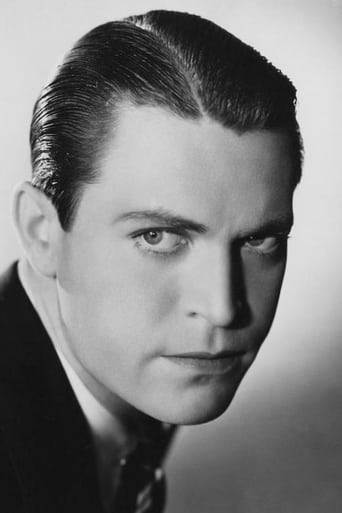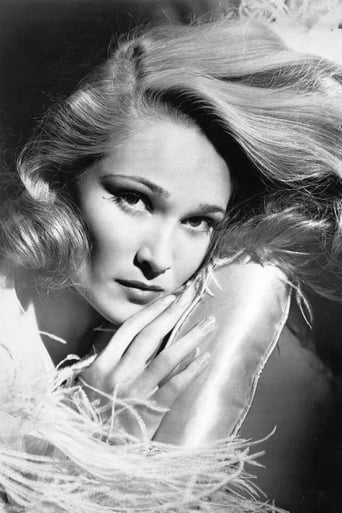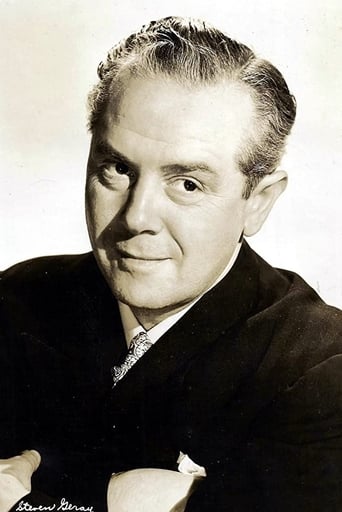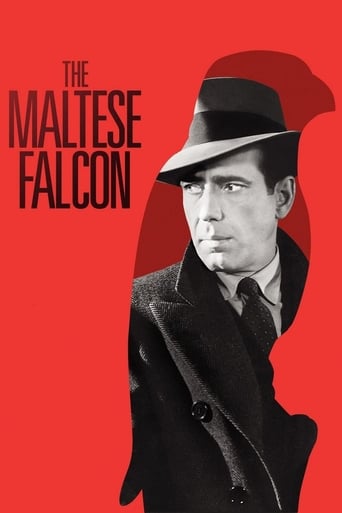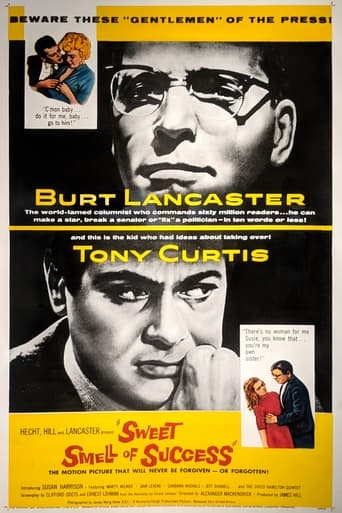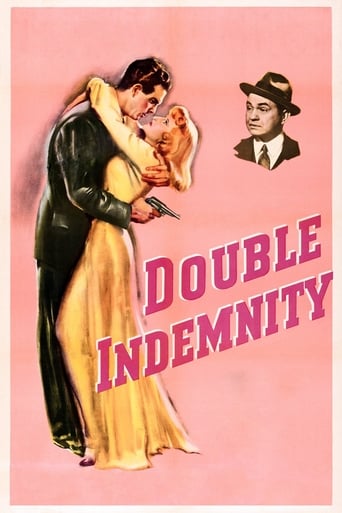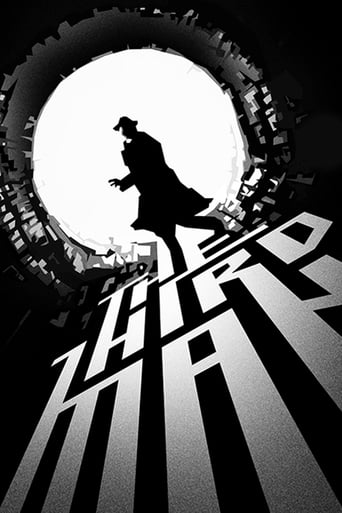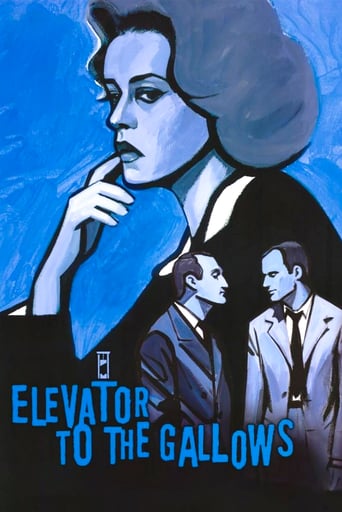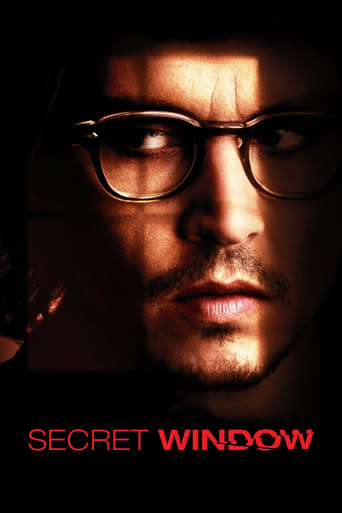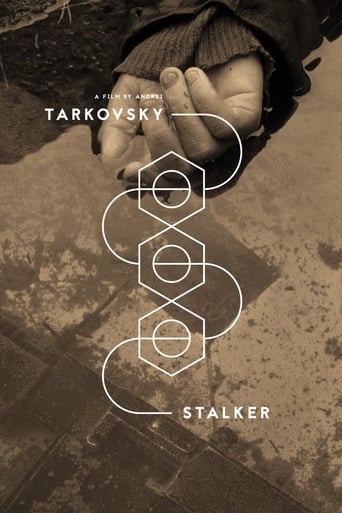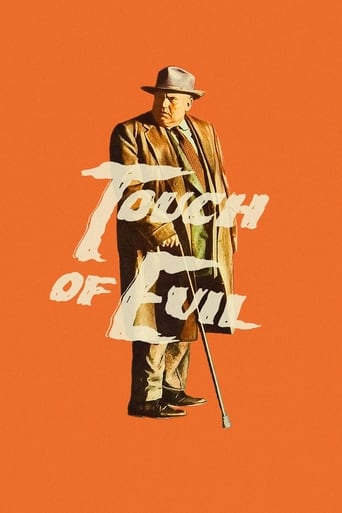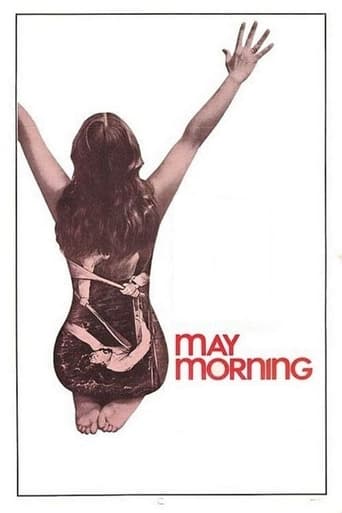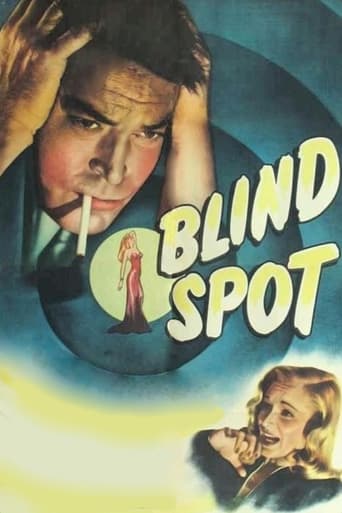
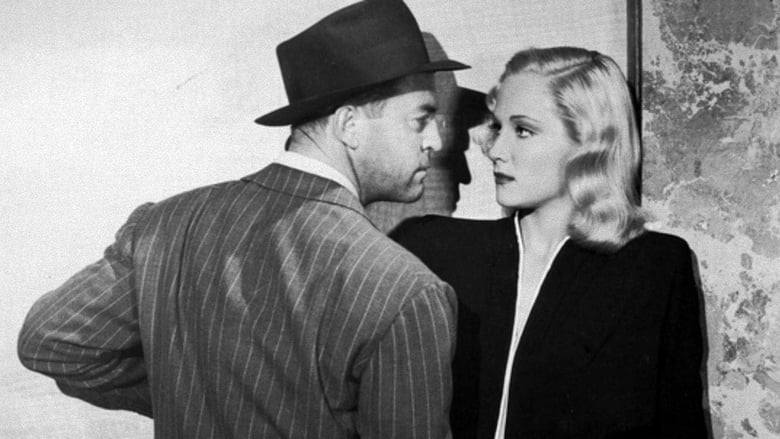
Blind Spot (1947)
A mystery writer becomes the prime suspect in a murder investigation when a publisher he last saw is found dead.
Watch Trailer
Cast


Similar titles
Reviews
Memorable, crazy movie
It's entirely possible that sending the audience out feeling lousy was intentional
This is a small, humorous movie in some ways, but it has a huge heart. What a nice experience.
It’s not bad or unwatchable but despite the amplitude of the spectacle, the end result is underwhelming.
A neat set up: Chester Morris is an author of "serious" books. He hates his publisher, but is forced to go to him and ask for an advance. Having worked up his nerve by downing several drinks, Morris arrives at the office to find the publisher in conference with a popular mystery writer—whom Morris promptly insults as a writer of pap. Writing a mystery is simple work, Morris drunkenly insists he could invent a murder plot in a snap. A murder in a locked room.Some hours later, the publisher is found dead .murdered in his locked office. And Morris can't quite remember two things—the locked room murder plot he had invented, and whether or not he actually did the murder. He sets about investigating—but it's not easy with the police figuring him as the prime suspect.Morris is very good, especially after his character sobers up and we can watch him piece together events and the motives and actions of other characters. (During the first fifteen minutes his slurring and stumbling get a bit tiresome .as drunk people tend to do.)Steven Geray is fun as the rival author; his thick accent adds to his vaguely exotic and sinister aura. Constance Dowling is hard and slick as a possibly dangerous blonde—the publisher's secretary who eventually teams up with Morris. She may be seeking the truth; she may be running away from it. Both the mystery writer and the secretary have their own reasons for wishing that publisher ill.The film develops some great situations—like when Morris and Dowling meet up in his dark basement apartment, each thinking the other committed the murder. Some great camera shots: she steps slowly from the shadows, pausing where all is dark except her ankles in the light. Some cheesy but undeniably fun dialog: thinking she's trying to fool him with romance, Chester tells the girl, "You've got the wrong chump. Violins hurt my ears. And when the temperature's up I drink a bottle of beer ." An excellent B mystery that moves fast, contains plenty of suspense and never takes itself more seriously than a murder mystery should."Do you really think I killed Small?" – A pause, then a hard kiss, finally an answer.... "Yes."
Chester Morris had a full and varied screen career - he was the consummate film actor. He tried his hand at most parts and always succeeded. In 1930 he played opposite 3 very different actresses - Alice White ("Playing Around"), Norma Shearer ("The Divorcée") and Una Merkel ("The Cat Creeps") and enhanced all three. Because he had never been typecast he was able to move through the years playing a variety of parts and in the 1940s when actors of his age where looking at character parts, he had his own series in "Boston Blackie". "Blind Spot" was the last "stand alone" movie he made, cushioned between a couple of Boston Blackies, before he conquered television.Written by Martin Goldsmith, who wrote both "Detour" and "The Narrow Margin", it tells the story of Jeffrey Andrews (Morris), a writer down on his luck, who is forced to go to his publisher (who he secretly despises) for money he feels is his due. Small, who doesn't care for Andrews either, tries to convince him to come down off his artistic pedestal and write detective fiction. At the encouragement of Harrison, a popular mystery writer, Andrews outlines a "locked door" mystery he has had swimming around in his head. Later, at the bar, he meets Evelyn Green (Constance Dowling) Small's secretary, who comes in disheveled but eager to be friends (now she knows who he is) - she was pretty snooty at the office.The next day Andrews is paid a visit by the police - he thinks it is because he drunkenly broke into Small's office and destroyed his contract, but the police are there to charge him with Small's murder. Things look bad - he has been heard telling people in the street about murdering a man in a locked room and the police can't find Evelyn Green. Harrison, who doesn't believe Andrews is guilty, gets the police to release him into his custody but Andrews gives him the slip and tries to revisit everyone, who in his drunken state, he had told the story to - but people have a habit of turning up dead!!!! With a sprinkling of "Blind Alley" thrown in Andrews is hypnotised and soon believes he is the killer.This is a terrific unknown noir that deserves to be known. Morris is great as Andrews, unshaven and drunk for most of the movie but sobering up fast when he realises he may face the electric chair. Mild looking Steve Geray, who played Harrison, had a distinctive "Peter Lorre" like voice. Veronica Lake lookalike Constance Dowling was perfect as the romantic interest who, while her career was pretty lacklustre her private life was anything but. She had an affair with Eli Kazan in the late 1940s and her turbulent affair with Italian poet Cesare Pavese caused him to commit suicide in 1950.Highly Recommended.
This was the directorial debut of Robert Gordon, whose debut is however not of earth-shaking importance, as he never shook the earth later on. The film is an entertaining low-budget B murder mystery, and Chester Morris and Constance Dowling both overact. Morris especially over-does it as a particularly obnoxious drunk early in the film. This is unfortunate, as the story requires us to have sympathy for him later on, and those who find abusive drunks hard to tolerate will have to be strong. The chief merit of this film is an extraordinarily ingenious twist to the 'murder in a locked room' motif. Several films have been made on the theme: 'how did the murderer escape from the room containing the corpse when the room was locked from the inside?' In this version, however, another ingenious layer is added to the conundrum. Here we have the drunken author (just mentioned) inventing a plot solution for this while he is intoxicated and forgetting it when he has sobered up. However, by that time, someone who heard his idea has actually carried out the clever plan and implicated Morris as the murderer! When Morris tries to track down the people he told the idea to when he was drunk, in the hope that they will remember it and enlighten him, so that he can clear himself of a murder charge, he runs into difficulties. The bartender to whom he told the idea is murdered, to stop him telling the solution of the crime. Those of us who like to solve things will inevitably be interested in this film, and will disregard the inadequacies of the production as being beside the point. Hence, murder mystery fans will find much in this film to intrigue them. And perhaps they will wish, as I found myself doing, that the excellent story idea had been carried out with a better film version, or indeed that someone would remake it and do it properly this time.
This film is a must for fans of noir and b-movies. The hero is a semi-alcoholic writer, wrongly accused of a murder committed while he was drunk.The actor plays this drunk so obnoxiously that he will have you cringing in your seat, begging for him to finally pass out. It's the acting equivalent of fingernails on a chalk board. What saves the movie and makes it worth seeing are the incredibly over-the-top lines the writer cooked up.These include: "the heat sapped my vitality like ten thousand blood-thirsty dwarves," "a ghost-writer is like drugs," "plagiarism is inscribing my name on another man's pen," and "when I want poetry, I read Walt Whitman."Good for a laugh.


